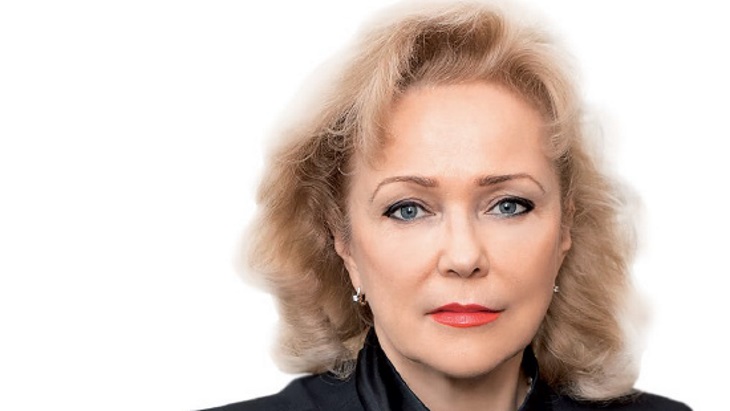Energoatom has complained that the country's electricity market discriminates against nuclear power and recent reforms do little to help its mounting debts. Recent amendments to electricity market regulations enable Energoatom to sell just 5% of its generation through bilateral contracts, but the company wants this to be increased to 50%. Ukraine launched an electricity market in July last year, but this tied Energoatom to selling 85% of its electricity production to the Guaranteed Buyer at a fixed low price within the Public Service Obligation mechanism.
Energoatom did not purchase nuclear fuel from Westinghouse in the first quarter of this year, Shumkova said, adding that the schedule and annual volume for the supply of fresh nuclear fuel are agreed in advance with suppliers.
"If there is a shift in the delivery schedule, it usually happens due to changes in the repair schedules for nuclear power units, because nuclear fuel is reloaded during such repairs. This year, the change in the fuel supply schedules is due, among other things, to Energoatom's difficult financial condition caused by chronic non-payments by the 'Guaranteed Buyer' for the electricity supplied by the company," she said. "At our request, the suppliers have met us halfway and looked again at the schedules of nuclear fuel supply," she added.
Delays to the current supply of nuclear fuel "do not in any way" affect the operation of the country's nuclear power plants, she stressed, because Energoatom has accumulated sufficient fuel to load all 15 of its reactor units for at least a year. The company's strategy to diversify its sources of nuclear fuel has been in place for 20 years, she said.
"That's exactly how much time has passed since the start of Westinghouse fuel development. Step by step, Ukrainian engineers and scientists, together with Westinghouse specialists, created a fuel design that is now compatible physically and mechanically with the fuel of Russian TVEL," she said.
"In parallel, in-reactor control systems were improved to ensure control of the core of the reactors that used Westinghouse fuel. Now, the power units use fuel not just from two different manufacturers, which is a fairly widespread practice around the world, but fuel assemblies of various designs, which makes our country the first in the world to do this," she added.
In December 2019, the core of unit 5 at the Zaporozhe nuclear power plant was fully loaded with VVER-1000 fuel produced by Westinghouse. In July 2018, unit 3 of the South Ukraine plant became the first VVER-1000 reactor anywhere to operate with a full core of fuel not supplied by Russia.





_87299.jpg)
_52351.jpg)








